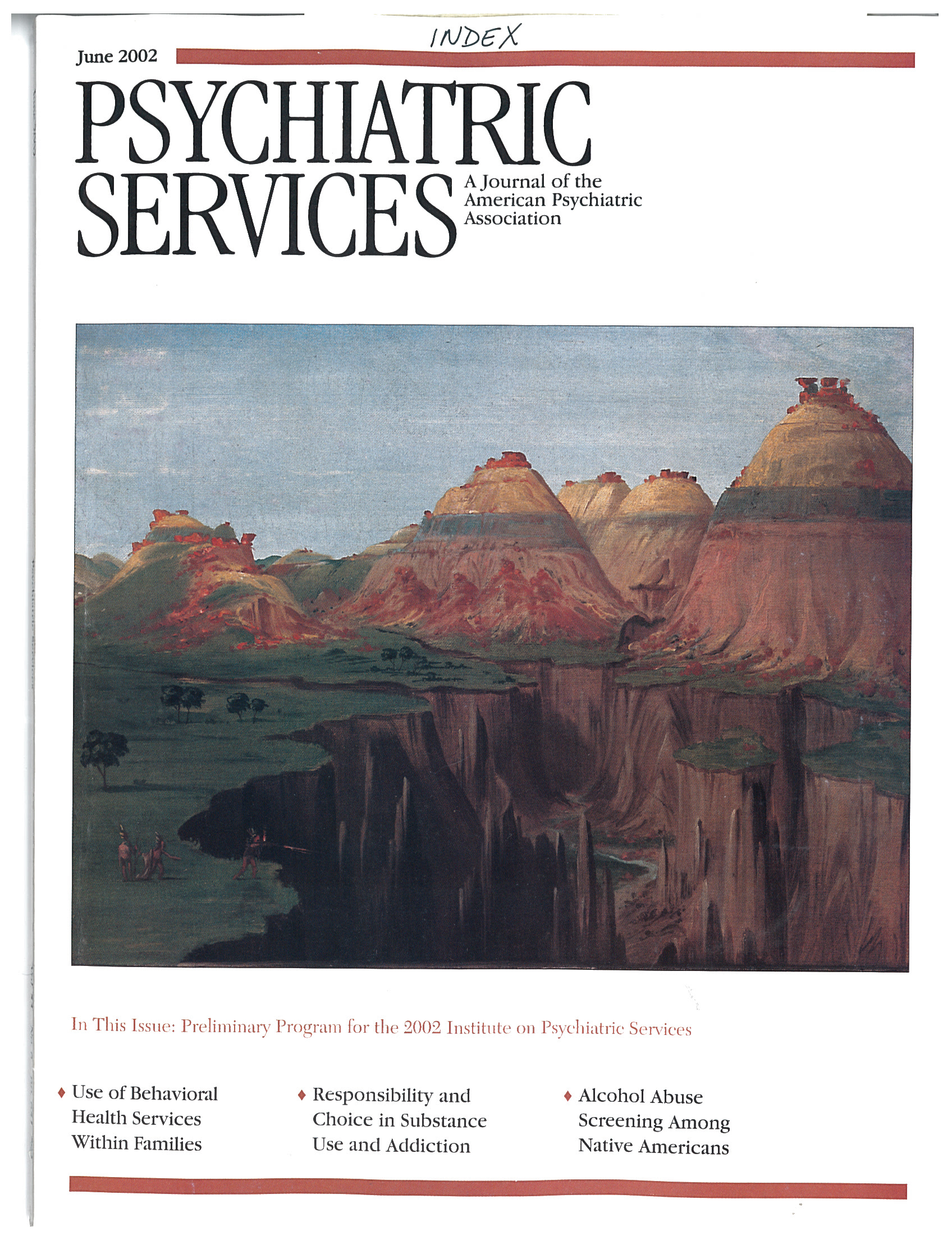In Reply: We are delighted that our article on multidisciplinary teamwork in psychiatric rehabilitation engendered responses from its readers, because our emphasis on the competencies of clinicians rather than on the importance of traditional disciplines is both controversial and limited in its penetration in practice settings. Even though we predict that competency-based training in empirically validated interventions will dominate the future preparation of mental health practitioners, we most assuredly include occupational therapists as professionals, not paraprofessionals.
Both Ms. Rebeiro and Ms. Auerbach suggest that a great deal of evidence-based research has been conducted and published internationally by occupational therapists. We do not intend to diminish the vital role of occupational therapists in their increasingly frequent delivery of rehabilitation services that are evidence based. However, we are dismayed that the long-standing focus of occupational therapists on functional performance has not been paralleled by empirical studies on psychiatric rehabilitation by members of this profession. A literature search of research reports published since 1998 in the
American Journal of Occupational Therapy, Occupational Therapy in Mental Health,and
Occupational Therapy Journal of Research found only three controlled studies of rehabilitation interventions by occupational therapists, and two of these were by Dr. Tsang, a doctoral-level occupational therapist and a coauthor of our article (
1,
2,
3).
We are well aware of the outstanding clinical work being carried out by occupational therapists in teaching mentally disabled persons the skills needed for reintegration in the community. For example, at Northwestern University School of Medicine, occupational therapists have a key role in conducting skills training as a major component of the services delivered by that facility's multidisciplinary team, which offers dialectical behavior therapy for individuals with borderline personality disorder. At the Neuropsychiatric Behavioral Health Services at the University of California, Los Angeles, Tracey Martin, M.S., O.T.R., leads skills training modules in workplace fundamentals, social problem solving, and personal effectiveness. Training programs for occupational therapists, such as the one at the University of Southern California, are increasingly providing students with an understanding of psychiatric rehabilitation practice, including community-based teamwork.
We hoped that our article would challenge practitioners from all of the mental health professions to acquire the competencies required to deliver evidence-based rehabilitation interventions. We are enlivened by the confidence and progress in the professional development of occupational therapists reflected in the letters of Ms. Auerbach and Ms. Rebeiro, but we are disappointed in the apparent lack of response by members of other mental health disciplines. Our active involvement in the international dissemination of evidence-based treatments for persons with serious mental illness has encouraged us and made us optimistic about the progress being made (
4). However, these positive feelings are accompanied by the sober realization that efforts to change the mental health professions will encounter many barriers at many levels—system, professional, organizational, institutional, team, and practitioner levels (
5).

